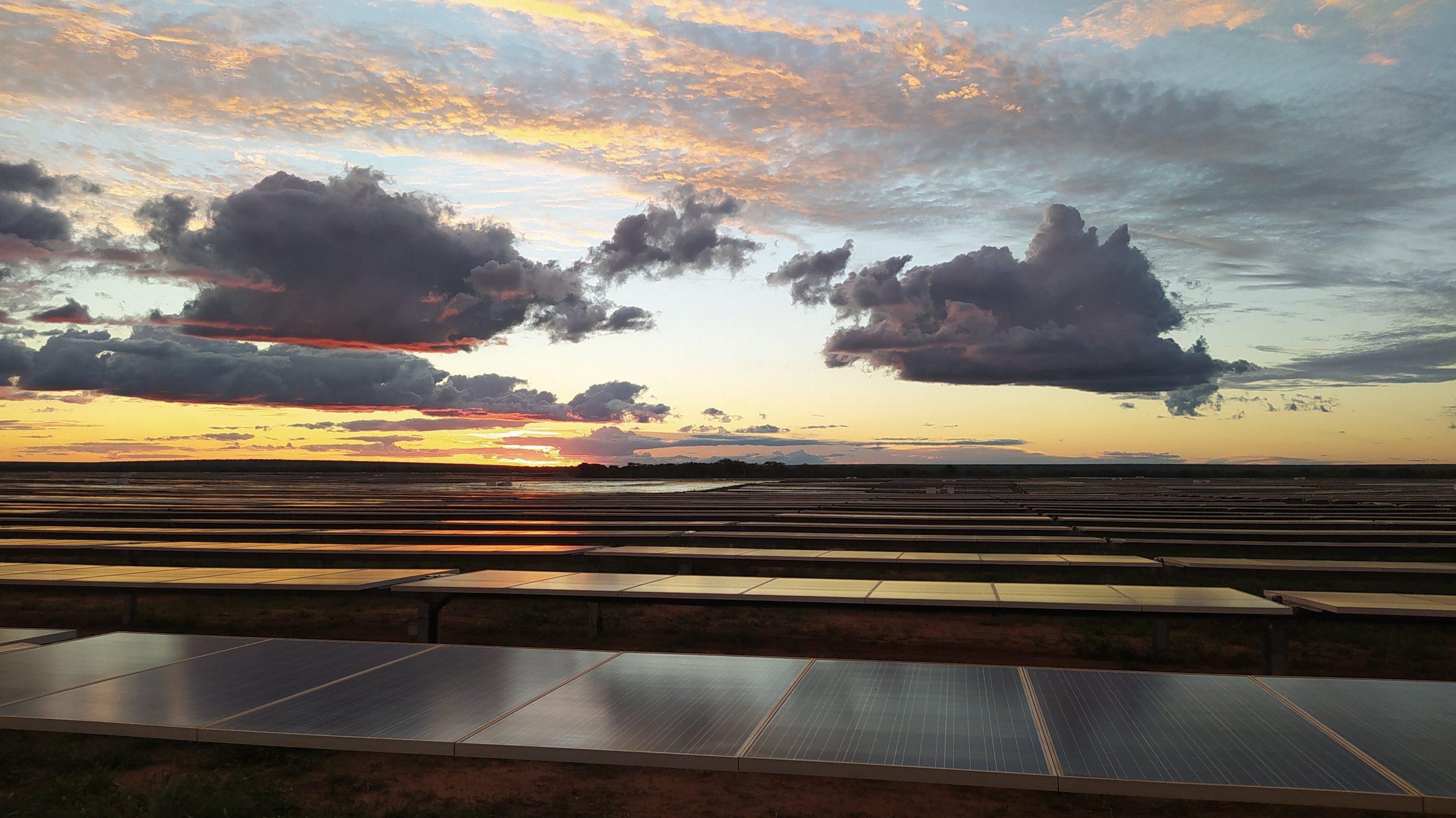This Friday (12), Brazil surpassed the historic mark of 12 GW of operational power from solar sources in large plants and in small and medium-sized systems installed on roofs, facades and land.
The milestone was reached less than a month after the solar system has surpassed 11 GW of operational power, on October 14th. The record also reinforces the growth of the photovoltaic sector in recent years, which saw its operational power more than double in less than two years, jumping from 5 GW in April 2020 to the current 12 GW.
According to ABSOLAR (Brazilian Association of Photovoltaic Solar Energy), the source has already brought Brazil more than R$ 61.6 billion in new investments, in addition to R$ 15.7 billion in revenue for public coffers and more than 360 thousand jobs accumulated in less than ten years.
Solar energy has also prevented the emission of 13.6 million tons of CO2 into the atmosphere since 2012, when the REN 482 (Normative Resolution No. 482/2012) – the text published by ANEEL (National Electric Energy Agency), which, basically, allows Brazilian consumers to generate their own energy, connected to the distribution network.
For the CEO of ABSOLAR, Rodrigo Sauaia, the advancement of solar energy is fundamental for the social, economic and environmental development of Brazil. According to him, the source helps to diversify the supply of electricity, reducing pressure on water resources and the risk of further increases in the population's electricity bills.
“Large solar plants generate electricity at prices up to ten times lower than emergency fossil thermoelectric plants or electrical energy imported from neighboring countries, two of the main factors responsible for the tariff increase on consumers”, he explained.
“Thanks to the versatility and agility of solar technology, just one day of installation is enough to transform a home or business into a small plant generating clean, renewable and affordable electricity. For a large solar plant, it takes less than 18 months from the auction to the start of electricity generation. Thus, solar is recognized as the champion in the speed of new generation plants”, adds Sauaia.
Solar Energy Numbers
Brazil has 4.5 GW of installed power in solar plants in the GC (Distributed Generation) segment, equivalent to 2.4% of the country's electrical matrix. Since 2012, large solar plants have brought Brazil more than R$ 23.5 billion in new investments and accumulated more than 135 thousand jobs, in addition to providing R$ 6.3 billion to public coffers.
Currently, GC is the sixth largest source of generation in Brazil, with projects in operation in nine Brazilian states, in the Northeast (Bahia, Ceará, Paraíba, Pernambuco, Piauí and Rio Grande do Norte), Southeast (Minas Gerais and São Paulo) ) and Central-West (Tocantins).
In the DG (Distributed Generation) segment, there is 7.5 GW of installed power from the solar source. The volume is equivalent to more than R$ 38.1 billion in investments and R$ 9.4 billion in revenue accumulated since 2012, spread across the five regions of Brazil. Currently, solar technology is used in 99.9% of all self-generation connections in Brazil, easily leading the segment.
When adding the installed capacities of large plants and our own solar energy generation, the photovoltaic source currently occupies fifth place in the Brazilian electrical matrix, with an installed power greater than that of thermoelectric plants powered by oil and other fossils, which represent 9.2 GW of the Brazilian electrical matrix.
For the president of the Board of Directors of ABSOLAR, Ronaldo Koloszuk, in addition to being competitive and affordable, solar energy is quick to install and helps to ease consumers' pockets, reducing their electricity costs by up to 90%. “Competitive and clean electrical energy is essential for the country to recover its economy and achieve growth. The solar source is part of this solution and a true engine for generating opportunities, new jobs and income for citizens”, he stated.















